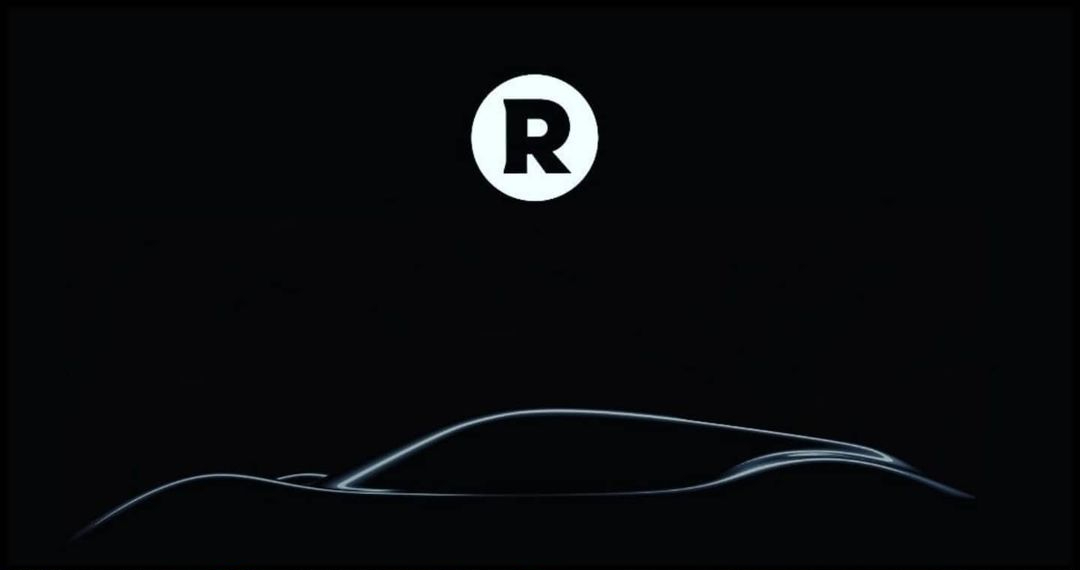Jenson Button’s Radford Motors Hits Financial Skid: Can the Racing Icon’s Luxury Car Dream Survive Bankruptcy?
In a surprising twist that has captivated car enthusiasts and investors alike, Radford Motors—the high-end automotive brand co-founded by Formula 1 World Champion Jenson Button and TV personality and mechanic Ant Anstead—has filed for Chapter 11 bankruptcy. Known for its bespoke, coach-built sports cars inspired by classic racing aesthetics, Radford had aimed to establish itself as a niche player in the luxury automotive market. Despite ambitious beginnings, the company’s parent entity, Finest Coachbuilding LLC, is undergoing a major restructuring to address mounting financial strain.
Jenson Button’s Star Power: Racing Fame Meets the World of Boutique Cars
Few names in Formula 1 are as respected as Jenson Button. Having clinched the World Championship in 2009, Button’s career has been marked by his precision driving, undeniable charm, and strategic expertise on the track. As a racer, Button made an indelible mark in the world of motorsports, competing in over 300 Grand Prix races and earning a reputation as one of the sport’s greats. But after his retirement from F1, Button’s interest veered toward the high-end automotive industry—a move that would eventually lead to the creation of Radford Motors.
Radford wasn’t just another side project for Button; it was an extension of his love for performance, design, and luxury. Teaming up with Ant Anstead, the star of car restoration TV shows like Wheeler Dealers and For the Love of Cars, Button envisioned a brand that would bridge the gap between vintage aesthetics and cutting-edge engineering. Radford Motors quickly caught the attention of high-end collectors and auto enthusiasts who were eager to see what the former F1 star could deliver off the track. However, as the company’s financial troubles reveal, transitioning from a successful racing career to a sustainable automotive brand in a competitive market is a daunting challenge, even for someone of Button’s stature.
Radford Motors: A Brief History and Bold Vision
The vision for Radford Motors was ambitious from the outset. Founded just a few years ago, the company set out to produce exclusive, limited-production vehicles with an emphasis on heritage design and state-of-the-art technology. Radford’s debut model, the Type 62-2, was a tribute to the legendary Lotus Type 62. With only 62 units planned, each car would be custom-built to reflect the preferences of individual buyers, embodying both luxury and performance in a single package.
Button and Anstead’s mission was not only to create cars that look impressive but also to deliver a driving experience worthy of high-performance sports cars. The Type 62-2 was crafted to be as powerful as it was beautiful, blending a supercharged V6 engine with a lightweight, aerodynamic design. The car’s 710 horsepower and lightning-fast handling positioned it as a formidable track machine.
Radford even produced a Track Edition variant of the Type 62-2, which went on sale at an eye-watering price of $1 million per unit. For this price, buyers received more than just a car; they also got access to personalized race training sessions with Jenson Button himself, adding a unique value proposition. However, even this level of exclusivity and luxury wasn’t enough to save the company from financial struggles, proving just how challenging it can be to run a boutique automotive brand in a market dominated by established giants.
The Type 62-2: Radford’s Crown Jewel and Symbol of Excellence
The Type 62-2 represented the very essence of Radford Motors. Inspired by classic Lotus models, the car was designed by a team that included some of the industry’s top talents. With influence from legendary models like the Lotus Esprit, Koenigsegg Regera, and even the iconic Ford GT40, the Type 62-2 was a masterpiece of automotive art. It showcased Radford’s commitment to quality and attention to detail, which is perhaps why the brand’s financial troubles are so disappointing for both fans and investors.
Every inch of the Type 62-2 spoke to Radford’s dedication to blending the best of modern and vintage design. From its mid-engine layout to its lightweight, sleek frame, the car was crafted for enthusiasts who appreciated both the performance and beauty of classic sports cars. With only 12 Track Edition models produced, Radford capitalized on the growing market for exclusive, ultra-luxury track cars—a niche that has seen significant success through brands like Singer and Icon.
Despite this, Radford’s struggles underscore the volatility and challenges of this particular market segment. While wealthy buyers are often willing to pay high premiums for custom-built track cars, maintaining a sustainable business model in this realm is far more complex. The high production costs, limited customer base, and need for continuous investment have proven to be stumbling blocks for Radford.
Financial Turbulence: Radford Motors Files for Bankruptcy
Radford’s parent company, Finest Coachbuilding LLC, recently filed for Chapter 11 bankruptcy as part of a larger strategy to restructure and seek new funding. Dan Bednarski, CFO and COO of Finest Coachbuilding, explained the company’s approach: “Radford Motors is undergoing a Chapter 11 business restructuring that will implement strategic changes to fortify our foundation for the future. During this process, we anticipate certain ownership transitions, which are a crucial step in our evolution. These changes are part of our broader strategy to facilitate new investments and reaffirm our commitment to ongoing and sustainable growth.”
This statement from Bednarski suggests that while the restructuring is aimed at stabilizing the company, Radford’s original ownership structure may change. For Button and Anstead, this could mean stepping back from the daily operations or even relinquishing some control to new investors willing to inject capital into the brand. As with any restructuring, there is a mix of optimism and uncertainty. If successful, the restructuring could enable Radford to continue producing cars and fulfill its promise to bring heritage-inspired, coach-built vehicles to the market.
A Setback in the Boutique Car Industry
Radford’s journey from promising newcomer to financial instability highlights the broader challenges faced by boutique car manufacturers. Unlike established automotive giants, smaller companies like Radford are often heavily reliant on external funding, and they operate on much narrower margins. Any disruptions—whether due to production delays, unexpected costs, or shifting market dynamics—can quickly jeopardize their viability.
Furthermore, Radford’s difficulties also underscore the risks of relying on celebrity founders as a central marketing strategy. While Button’s name lent Radford a significant boost in visibility, translating fame into sustainable business success is a complex task. In a sector where production costs are high, and competition is fierce, even the most promising concepts can struggle to reach profitability.
Related: Ford’s CEO Praises Xiaomi’s SU7
Can Radford Motors Rebound?
Despite the current setback, Radford Motors still has the potential to stage a comeback. The Type 62-2 has already proven that Radford is capable of delivering unique, high-quality vehicles that capture the imagination of car enthusiasts. If the restructuring plan allows for new funding and ownership changes, Radford may yet emerge from this crisis with a more sustainable business model.
The road to recovery will require more than just funding; Radford will need to refine its business strategy, expand its customer base, and explore additional revenue streams. The success of other boutique car brands has shown that a niche market does exist for high-end, coach-built cars, but it demands careful management, strong investor backing, and a relentless commitment to innovation.
A Future Worth Fighting For
While Radford Motors’ journey has been marred by financial hardship, the company’s vision remains compelling. For Button, Anstead, and their supporters, the hope is that this restructuring will mark a turning point rather than an end. With the right investors and strategic adjustments, Radford could return to creating beautiful, high-performance cars that appeal to an elite class of buyers.
Radford’s current challenges serve as a reminder that even the most glamorous industries require a firm business foundation. As Radford enters this critical phase, the automotive world will be watching closely, hopeful that the brand can overcome its struggles and fulfill its promise of delivering the ultimate in bespoke, coach-built luxury.











